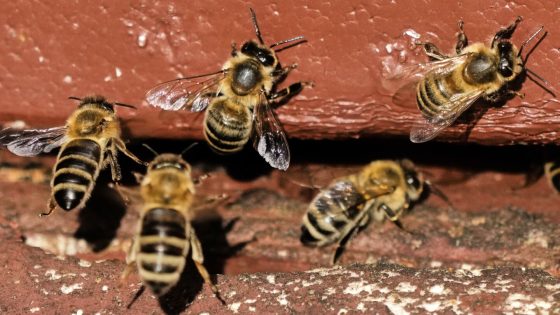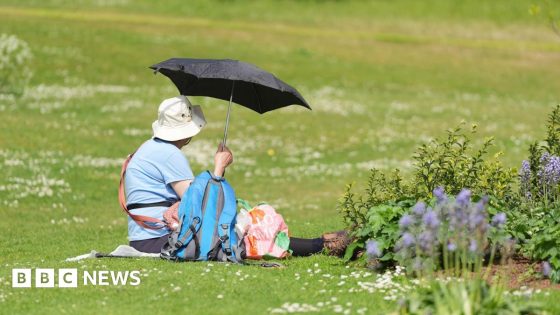On World Bee Day, celebrated annually on May 20, the plight of bees and pollinators takes center stage. This day serves as a crucial reminder of the alarming decline in bee populations globally, driven by factors like pesticides, climate change, and habitat loss.
- World Bee Day highlights declining bee populations.
- Pollinators face threats from various factors.
- Bees contribute significantly to human diets.
- Germany's bees provide substantial economic benefits.
- Awareness efforts include planting pollinator gardens.
- Protecting wild bees is crucial for biodiversity.
Bees are vital for pollinating many crops that constitute a significant part of the human diet. In 2018, the U.N. established World Bee Day to raise awareness and encourage actions like planting pollinator gardens. As we reflect on this year’s observance, how can we better support these essential creatures?
As we ponder the future of bees, it’s clear that their survival is intertwined with our own. Protecting these pollinators is not just an environmental concern; it’s a matter of food security and ecological balance. Consider these points:
- Bees contribute over $2.3 billion to Germany‘s economy through pollination.
- Many wild bee species are endangered and require urgent conservation efforts.
- Simple actions, like supporting local honey farmers, can make a difference.
To ensure a sustainable future, we must prioritize bee conservation efforts and reconnect with nature. Every small action counts in protecting these vital pollinators.

































